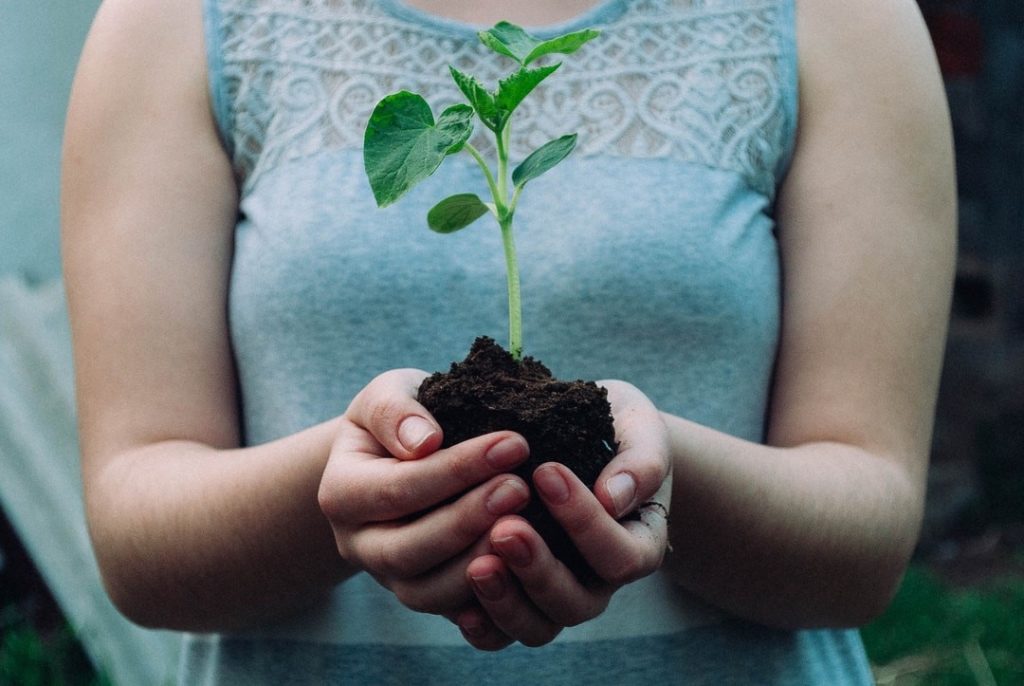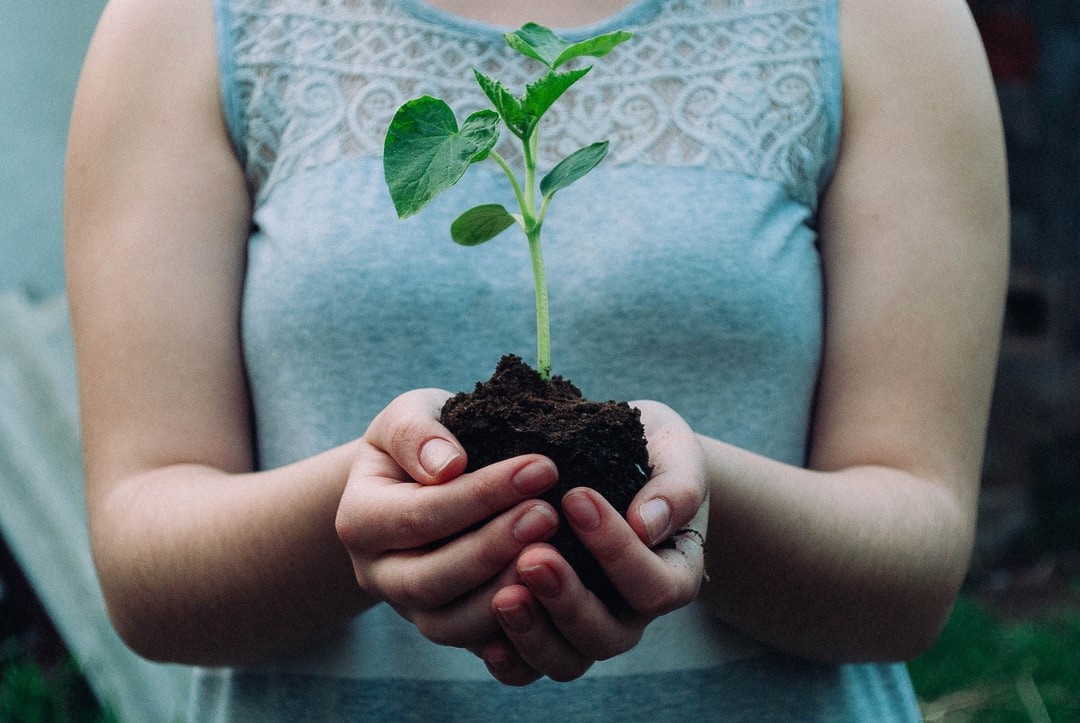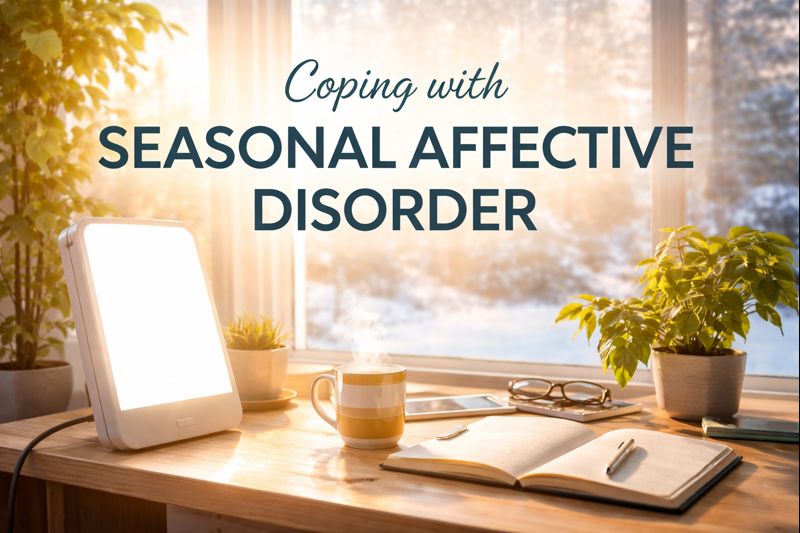
Earlier this week I was speaking with my three-year-old daughter about Earth Day, or as she calls it, “Earth’s Birthday” (adorable). I started sharing ways we can help the Earth and saying things I remember from my childhood like “the Earth is our home and we all need to work together to take care of her.” In the infinite wisdom of toddlers, my daughter considered this statement, and asked “if Earth is our home, and we all live here together, doesn’t that make us all one big family?”
I smiled as I usually do at the perfectly innocent and perfectly insightful nugget she had just gifted to me. “Yes, I said. In many ways we are one big family.” This made me think of a conversation I had with a DO recently, about the theory of collective consciousness and its potential impact on us as individuals. The collective consciousness philosophy (sometimes also referred to as collective conscience) claims that the thoughts and behaviors of all individuals that make up a society contribute directly to the environment and atmosphere of that society. I started examining my own life and the various societies to which I belong through this lens, and the theory resonated.
When one member of my family is sick or in a bad mood (like with this week’s stomach bug for example), everyone else also feels crummy and grumpy. When individuals on a team feel confident and optimistic, we always perform better than when we feel nervous or insecure. When my family moved to a new state and started spending more time in nature and with likeminded neighbors, our whole lives started to feel more energized, and the future seemed brighter.
On a more global scale, we can see the patterns as well. The past two years have been difficult for so many, and the level of negativity in the world is impacting us all. More people in my own life are struggling with anxiety, depression, loneliness, hopelessness and lack of purpose than ever before.
So how can we start to influence the collective consciousness? Transcendental meditation is one way. But on a much smaller scale, we can simply internalize the idea that every thought we have might have an impact that we cannot see. The Butterfly Effect of the mind. By bringing an awareness to our everyday thoughts and focusing on things that make us happy and grateful as much as possible, we just might be impacting the much more than our own state of mind.
What do you think about this theory? I’d love to hear from you.
Happy Birthday Earth 😊, and wishing you well,
Colleen





0 Comments